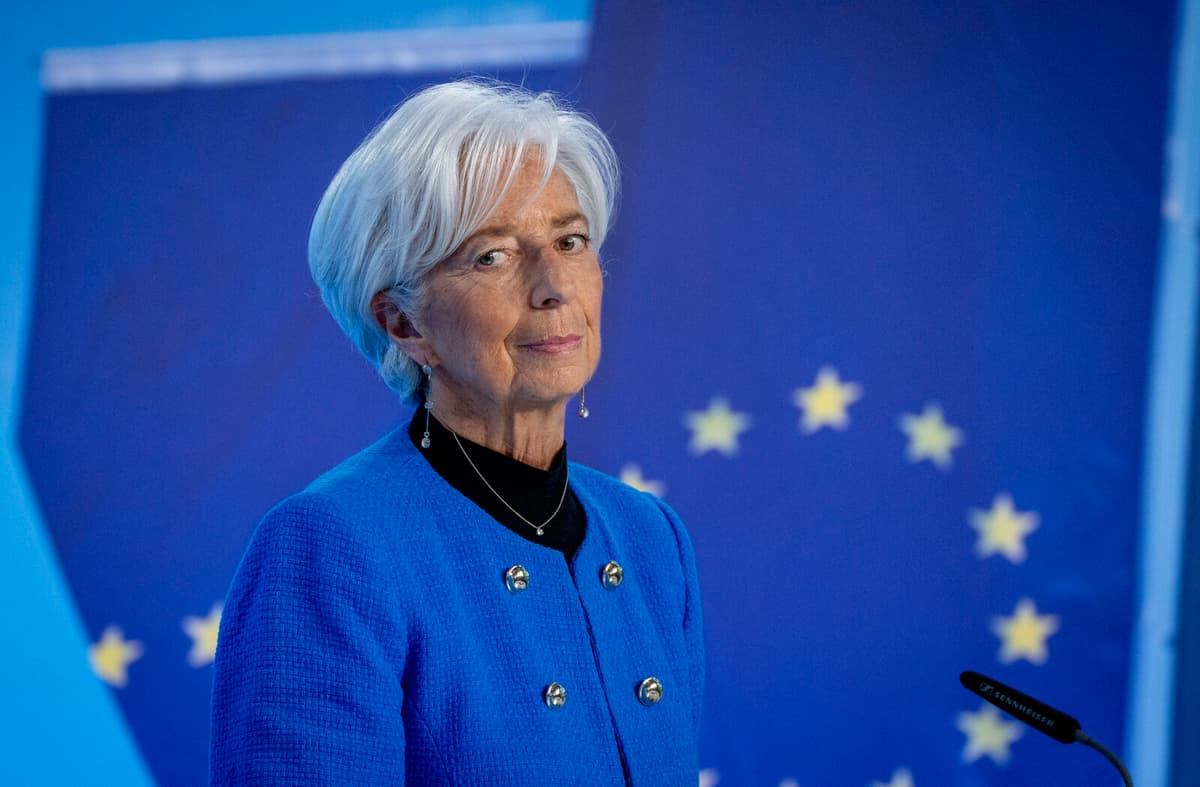Inflation in the eurozone fell to 2.2 per cent in March, according to a preliminary calculation from the statistics agency Eurostat. This can be compared with 2.3 per cent in February.
The average forecast among analysts was 2.2 per cent.
Core inflation – excluding energy and food – fell to 2.4 per cent, from 2.6 per cent. This can be compared with an average forecast of 2.5 per cent.
Inflation in the service sector also decreased, down to 3.4 per cent from 3.7 per cent.
The decreased upward pressure on prices in the eurozone comes just over two weeks before the next interest rate decision from the ECB. Ahead of Tuesday's inflation report, the probability of another round of interest rate cuts from the ECB in April has fallen to 70 per cent in the pricing on the interest rate market, from previously hovering around 85 per cent.
The ECB's inflation target is 2 per cent.
Like the Swedish Central Bank, the ECB is struggling with a difficult monetary policy situation, as the effects on inflation and growth from the tariffs imposed and threatened by the Trump administration are difficult to calculate.
The ECB's decision on interest rates in the eurozone affects the Swedish Central Bank's room to adjust its interest rate, which in turn affects not least variable Swedish mortgage rates.






